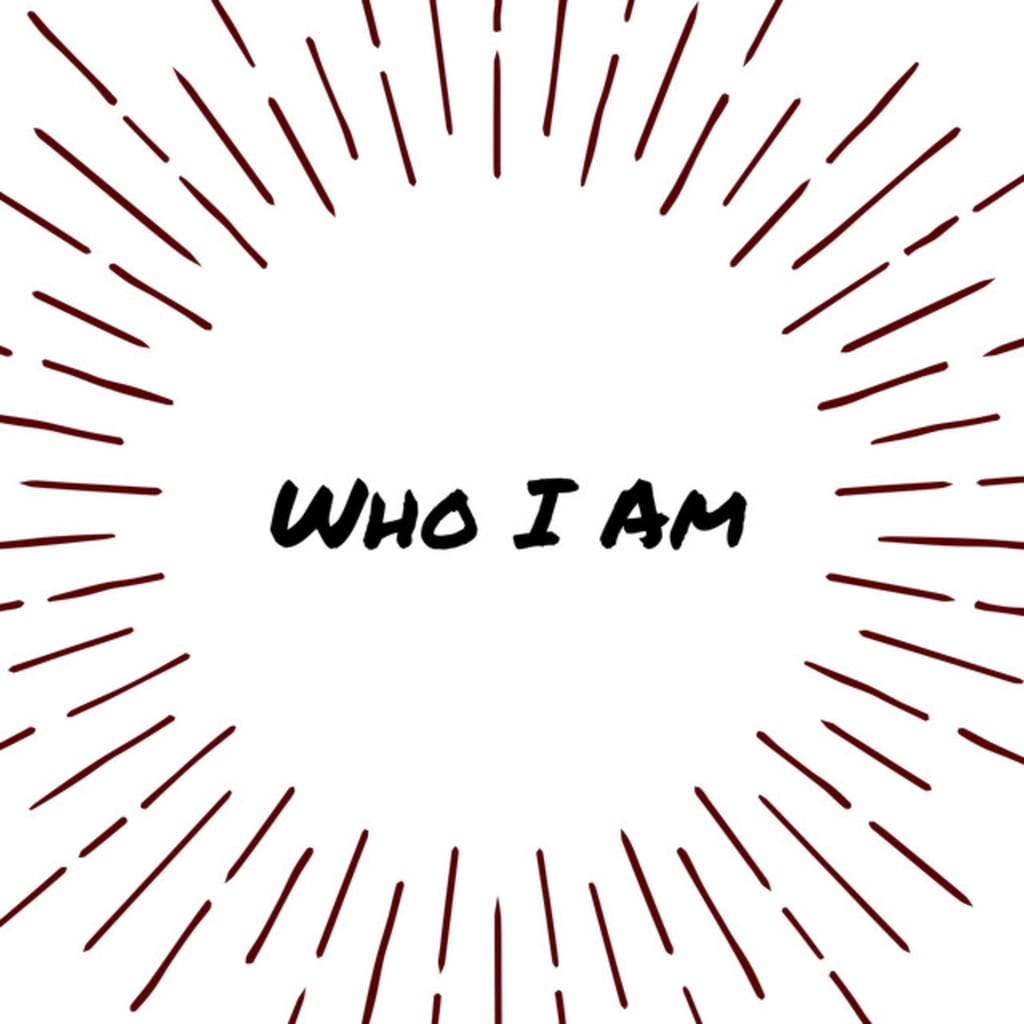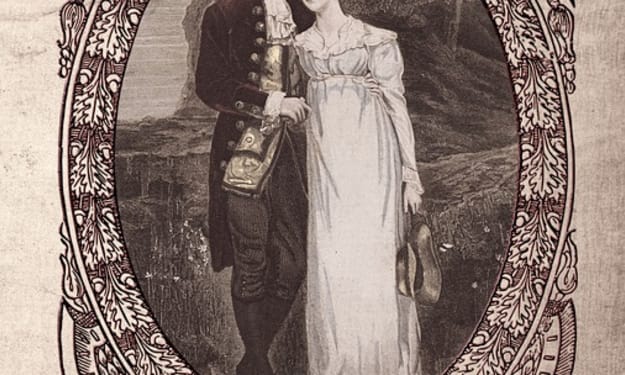How do I know who I am ?
How did you fint yourself

Knowing who you are is a deep and ongoing process that involves self-reflection, self-awareness, and self-acceptance. Here are some steps that may help you on your journey to discovering who you are:
1. Reflect on your values and beliefs: Think about what is important to you and what you stand for. What are your core beliefs and principles? What are the things that you are passionate about?
2. Pay attention to your thoughts and emotions: Pay attention to the thoughts that come to your mind and the emotions that you experience. What triggers your emotions? What are the patterns in your thinking? Understanding your thoughts and emotions can give you insight into who you are.
3. Look at your past experiences: Your past experiences, both positive and negative, have helped shape who you are today. Take some time to reflect on your past experiences and what you have learned from them.
4. Try new things: Sometimes trying new things can help you discover new aspects of yourself. Explore new hobbies, travel to new places, or meet new people.
5. Practice self-acceptance: Accepting yourself for who you are, flaws and all, is an important part of knowing yourself. Practice self-compassion and self-love.
Remember that discovering who you are is a journey, not a destination. Be patient and kind to yourself as you explore your identity.
6. Seek feedback from others: Sometimes, others can provide valuable insight into our personality and behavior. Ask trusted friends, family members, or a therapist for feedback on your strengths, weaknesses, and how they perceive you.
7. Explore your interests: Your interests can give you clues about what you enjoy and what makes you unique. Spend time exploring your hobbies, passions, and things that make you happy.
8. Identify your strengths and weaknesses: Knowing your strengths and weaknesses can help you understand your personality and how you interact with the world around you. Reflect on what you are good at and what challenges you, and use this knowledge to help you make choices that align with your strengths and values.
9. Practice mindfulness: Mindfulness is the practice of being present in the moment and observing your thoughts and emotions without judgment. Practicing mindfulness can help you become more aware of yourself and your reactions to different situations.
10. Embrace change: Remember that people grow and change throughout their lives. Embrace the idea that your identity is not fixed, and be open to new experiences and opportunities that can help you discover more about yourself.
Overall, knowing who you are is a lifelong journey that involves exploration, reflection, and self-acceptance. Be patient, kind, and open to the process, and trust that you will continue to discover new aspects of yourself throughout your life.
11. Recognize your accomplishments: Take time to reflect on your accomplishments and the things that you have achieved in your life. Celebrate your successes, no matter how small they may seem.
12. Identify your goals: Setting goals can help you focus your energy and motivate you to take action. Reflect on what you want to achieve in your life and set realistic goals that align with your values and interests.
13. Learn from your mistakes: Everyone makes mistakes, and learning from them can help you grow and become a better version of yourself. Reflect on your past mistakes and use them as opportunities to learn and grow.
14. Seek new perspectives: Being open to different perspectives can help you broaden your understanding of the world and yourself. Seek out new experiences, read books and articles on topics that interest you, or have conversations with people from different backgrounds.
15. Practice self-care: Taking care of your physical and emotional needs is essential for your well-being. Practice self-care by getting enough sleep, eating nutritious foods, exercising regularly, and taking time to relax and recharge.
Remember, knowing who you are is a lifelong process that requires ongoing self-reflection and exploration. Embrace the journey and be open to discovering new aspects of yourself along the way.
16. Be true to yourself: Knowing who you are also means being true to yourself and living authentically. Be honest with yourself about your feelings, needs, and desires, and make choices that align with your true self.
17. Surround yourself with positive influences: The people you surround yourself with can have a significant impact on your sense of self. Surround yourself with people who uplift and support you, and distance yourself from those who bring you down.
18. Practice gratitude: Gratitude is a powerful tool that can help you cultivate a positive mindset and improve your overall well-being. Take time each day to reflect on the things you are grateful for, no matter how small they may seem.
19. Take responsibility for your life: Knowing who you are also means taking responsibility for your life and the choices you make. Take ownership of your actions and work towards creating the life you want.
20. Embrace your uniqueness: Finally, embrace your uniqueness and the things that make you different from others. Celebrate your individuality and use your unique gifts and talents to make a positive impact on the world.
Remember, discovering who you are is an ongoing process that requires self-reflection, exploration, and self-acceptance. Be patient and kind to yourself along the way, and trust that you will continue to grow and evolve throughout your life.
21. Practice self-expression: Finding ways to express yourself can be a powerful tool for self-discovery. Whether it's through art, writing, music, or other forms of creativity, find ways to express your thoughts, feelings, and ideas.
22. Reflect on your relationships: Your relationships can offer insight into who you are and what you value. Reflect on the people in your life and the role they play in your well-being and personal growth.
23. Challenge your limiting beliefs: Limiting beliefs are thoughts or beliefs that hold us back from reaching our full potential. Identify your limiting beliefs and work to challenge and replace them with more positive and empowering beliefs.
24. Take time for introspection: Make time for introspection and self-reflection on a regular basis. This could be through meditation, journaling, or simply spending time alone with your thoughts.
25. Be open to feedback: Being open to feedback from others can help you gain new insights into yourself and your behavior. Be willing to listen to constructive criticism and use it as an opportunity for growth.
Remember, knowing who you are is a dynamic and ongoing process that requires ongoing attention and effort. Be patient, kind, and open to the journey, and trust that you will continue to grow and evolve throughout your life.
About the Creator
Mohamed Ahsan
As a child, I always had a passion for words and storytelling. I would spend hours lost in the pages of my favorite books, dreaming of one day becoming a famous writer myself. After years of hard work and perseverance, that dream finally






Comments
There are no comments for this story
Be the first to respond and start the conversation.